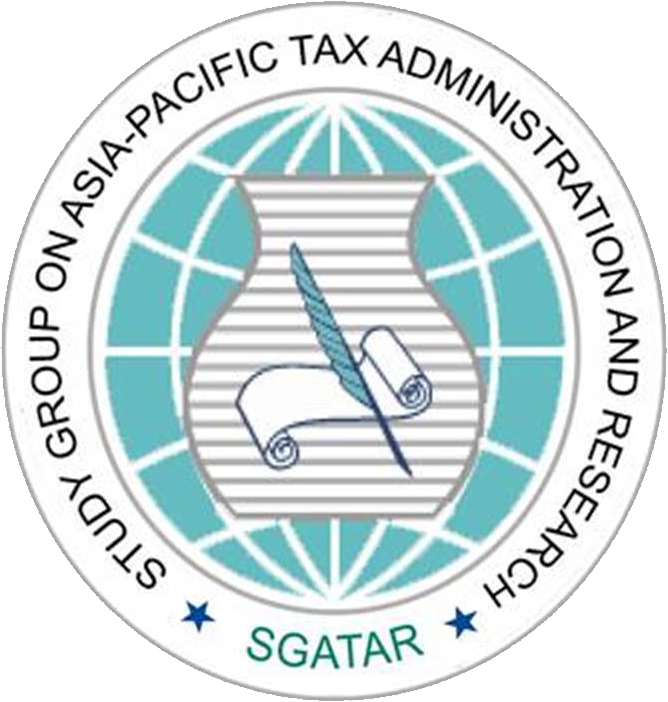Base Erosion and Profit Shifting (BEPS)
Addressing tax administration challenges posed by globalisation and erosion of the tax base.
SGATAR

Study Group on Asia-Pacific Tax Administration and Research
Addressing tax administration challenges posed by globalisation and erosion of the tax base.
Globalisation and erosion of the tax base can be attributed to a range of factors. Business without borders, global value chains, digitisation of the economy, and the inability of the international taxation architecture to evolve in line with technology and global commerce, are a few of the issues which have played a part. In response to these challenges the Group of Twenty (G20) Finance Ministers called on the Organisation for Economic Co-operation and Development (OECD) to develop an action plan.
The Action Plan on Base Erosion and Profit Shifting (BEPS) identifies actions needed to address BEPS, sets deadlines to implement these actions, and identifies the resources needed and the methodology to implement these actions. Specifically, the Plan calls for 15 actions organised around the following three main pillars: (1) coherence of corporate tax at the international level; (2) realignment of taxation and substance; and (3) transparency, coupled with certainty and predictability. In addition, work is being undertaken on the digital economy and a multilateral instrument.
The Action Plan asks jurisdictions to examine how domestic laws contribute to BEPS and ensure that international and domestic tax rules do not allow or encourage Multi National Enterprises (MNEs) to reduce overall taxes paid by artificially shifting profits to low-tax jurisdictions. A corollary of this work has been the unprecedented level of international co-operation which has revenue agencies recognising the need for bilateral and multilateral co-operation as the future of tax administration.
The purpose of this topic is for members to consider the tax administration challenges posed by BEPS and their impact on your jurisdiction in the short and long term. Specifically, to identify relevant BEPS issues, to discuss mechanisms to address MNE risk, and to consider the role multilateral co-operation can play (especially amongst SGATAR members).